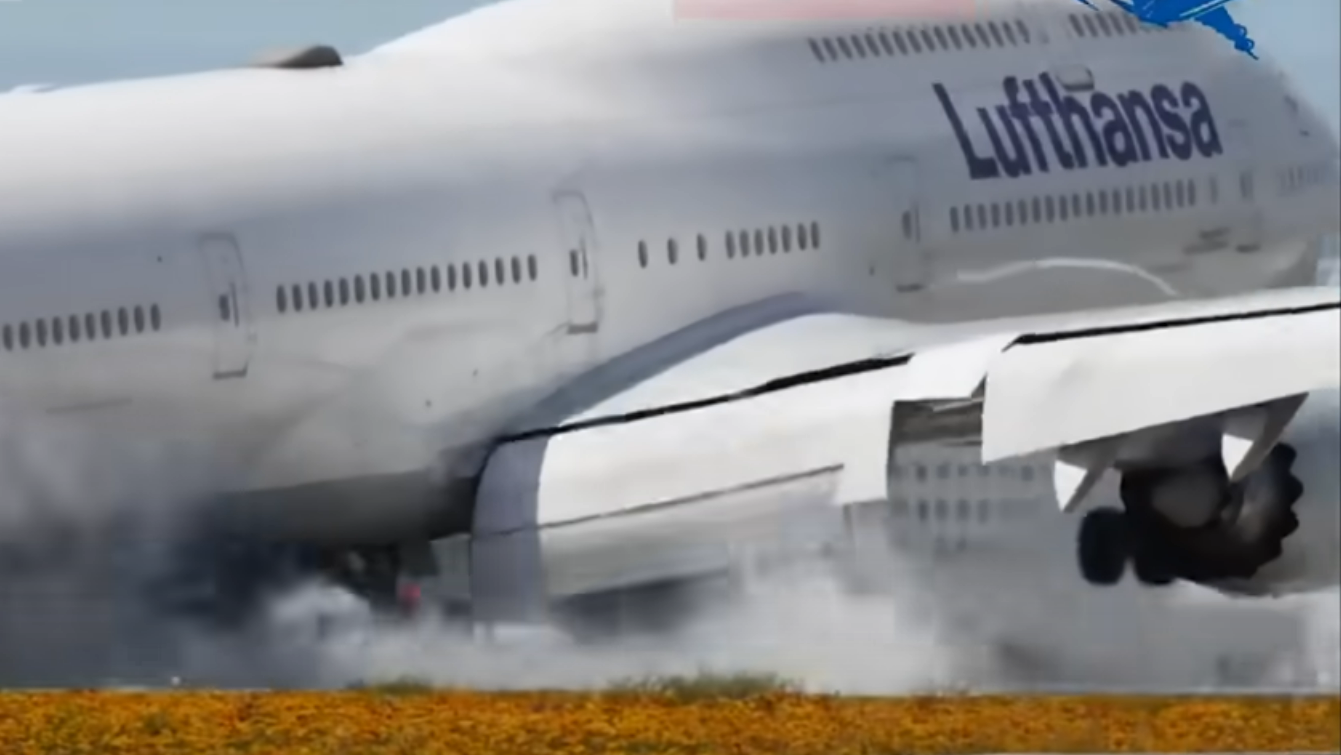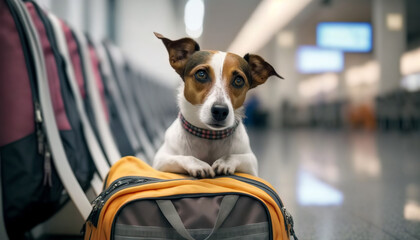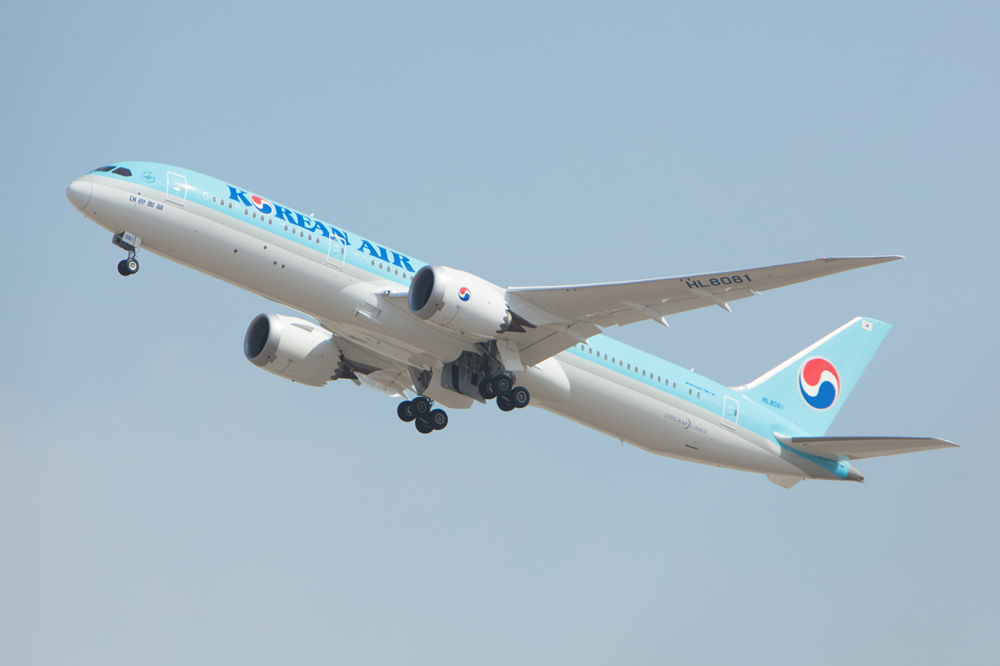Travelers are continuing to pack portable electronic devices in checked baggage despite warnings about the danger of fire from the lithium batteries.
Although the number of incidents stemming from PEDs is low, the risk exposure is high and the International Air Transport Association is developing an awareness campaign to help airlines communicate the fire danger to passengers.
READ: mobile phone smoke causes KLM diversion.
IATA has been working with the UN-backed International Civil Aviation Organisation to understand how airlines and the traveling public are reacting to warnings about batteries and portable electronic devices.
The organizations conducted two surveys: one focused on airlines and the other on passengers.
“A very large number of items prohibited from being placed in checked baggage are being placed there anyway by the traveling public,’’ said IATA safety and flight operations senior vice president Gilberto Lopez Meyer. “It isn’t clear as to why the non-compliance is so high but it may be due to lack of awareness of regulations or lack of awareness of the consequences of not following safety (matters).”
Lopez Meyer said the higher risk items were power banks and spare batteries, which had been known to fail even when not in use.
He said IATA’s awareness campaign would help airlines communicate to passengers the importance of following safety rules when preparing to travel.
It would also look to educate the traveling public on the correct use of their devices in use or when charging.
Aviation safety hit new levels in 2017 with no fatal accidents involving commercial jets and an overall fatal accident rate that was the equivalent of one for every 6.7 million flights.
But there have already been five commercial fatal accidents so far in 2018, involving three jets and two turboprops, but the six-year trend remains good.
IATA members continue to perform well with an accident rate below the overall industry.
This is to a big extent due to the IATA Operational Safety Audit, which this year celebrates its 15th anniversary, had 431 airlines on its registry as of May 31.
IOSA creates a global standard to assess operational management and control systems of an airline and is compulsory for IATA members.
Ten new airlines had joined the safety program with Western Europe leading the way with six new carriers.
Lopez Meyer said Australia’s Civil Aviation Safety Authority and European regulator EASA had said they would endorse IOSA to compliment oversight activities for safety audits in their regions.
The focus in 2018 would be on the IOSA digital transformation project which aimed to optimize and digitize internal audit processes and promote the use of advanced analytics.
It also seeks to deploy a collaborative platform for industry stakeholders.
The IATA safety chief said the important project would facilitate effective and efficient and benchmarking and would lead to a further reduction of redundant audits.
“The increasing reliability of audits will, in turn, engender faith and trust in IOSA worldwide,’’ he said.
IATA’s ground operations audit program, ISAGO, is also enjoying steady growth with 452 registrations and 231 ground service providers at 306 airports worldwide.
Since 2013, ground damage incidents have fallen by 20 percent among ISAGO participants.
IATA director-general Alexandre de Juniac said safety was the priority of every airline.
“We are developing a lot of tools – IOSA being one of them and ISAGO another — and we work with civil aviation and all our members to maintain the level of safety and to improve it,” he said.
Qantas chief executive Alan Joyce said air transportation was still the safest form of travel.
























